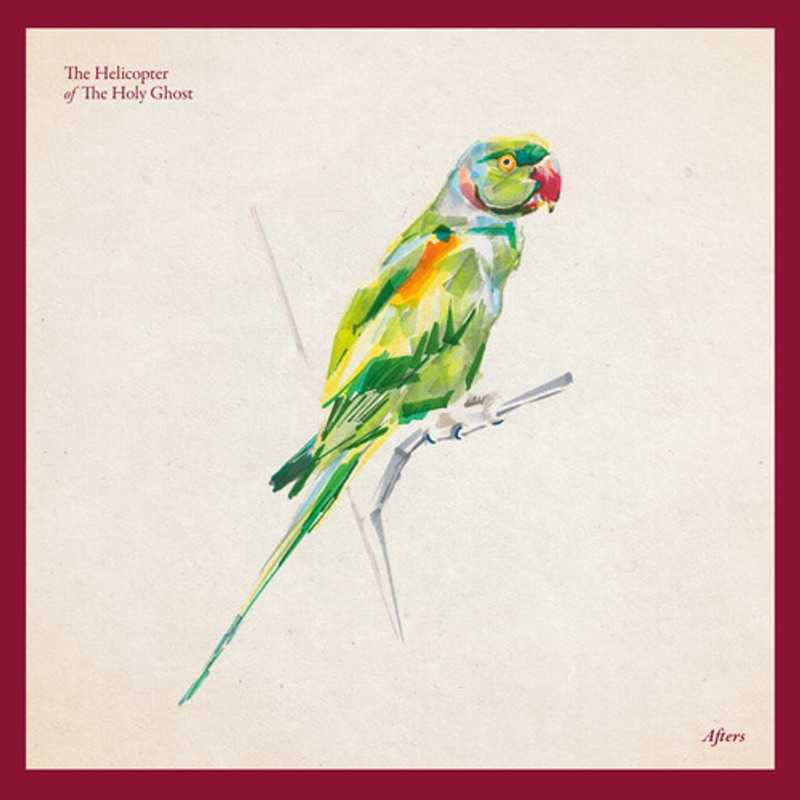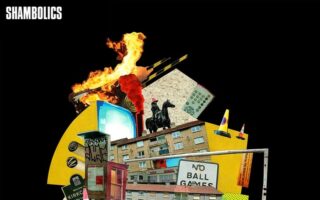
Abridging Billy Reeves’ story is a thankless task, but here goes.
Having formed theaudience in Britpop’s messy twilight (a vehicle famous mostly for unearthing Sophie Ellis-Bextor), a few years later, on his way home from an early Darkness gig, he was in a car accident, hit at ninety-nine miles an hour by joyriders, and then everything went black.
After emerging from a lengthy coma he had to learn how to walk again, and realized that large chunks of pre-accident memory were gone for good. Unperturbed, he retrained as a journalist and broadcaster before the chance discovery of a mini-disc full of old demos yielded material which seemed promising enough to be worked over by, amongst others, former Hard-Fi supremo Richard Archer.
As surprised as anyone, after some magic began to happen Reeves astutely got fellow West Londoner Mark Morriss to add vocals; Morriss himself is no stranger to fate’s whims, having led The Bluetones to a number one debut album in 1996 before fading into relative obscurity.
The Helicopter Of The Holy Ghost is a ridiculously awkward name for all of this, although Afters is suitably resigned and inspired enough to wear the name.
Reeves has no recollection of deeper meanings for any of these songs, a blessing and a curse where not knowing who the glacially beautiful opener Slow Down is about feels like a never-to-be-fulfilled promise, but then again this blank canvas is a supreme prop for everyone.
Most of the songs, whomever they were written for, are soaked in melancholy. The patient outsider of A Little Longer relies on an urbane piano as they hang around, whilst I Will Never Hurt is deeper within itself still, a glassy-eyed ballad with Alistair Strachan’s plaintive cornet raking the coals. This inward-looking bleakness reaches its apex on the desultory End Of Loneliness.
Having been asleep for such a long time, Reeves should also know about how the dreams he never had might’ve been. The shimmering music box electronica of Hangar Lane Gyratory System 4.44 A.M opens the prospect of a vision up; the closest neighbour to these imaginative vignettes throughout is the work of the equally self-inspired William Doyle.
Morriss, for his part, revealed that part of a slightly different approach to singing was to come down an octave from own material and in his own words ‘croon’, an experiment that pays off handsomely on Afters’ two outstanding moments.
On Tony Got A Car he nudges back towards his usual delivery, at first, but across nine minutes brew an epic cloud of fish-eyed psychedelia on which his Doors/Beatles moment comes.
At the opposite end of the scale for simplicity Difficult Song may be – hell, is – the greatest song The Bluetones have never performed, his words falling back to a whisper as strings and a heartbroken bell-synth give extraordinary pathos to a story of regret and unhappy endings.
That’s the thing about fate, if you believe in it then nothing really matters because you can’t sway its judgement no matter how hard you try. Twenty years ago, a traffic light at red instead of green and, maybe, Billy Reeves writes the hits and becomes a star; an extra mile-an-hour and he never wakes up.
The Helicopter Of The Holy Ghost resuscitates music which literally nobody had even a memory of and brings it blinking into the light; thank your lucky stars then that Afters is timeless but very much alive.





I haven’t listened to any other tracks, but Tony Got a Car sounds to me like a blatant ripoff of Blinker the Star’s Below the Sliding Doors — musically at least.